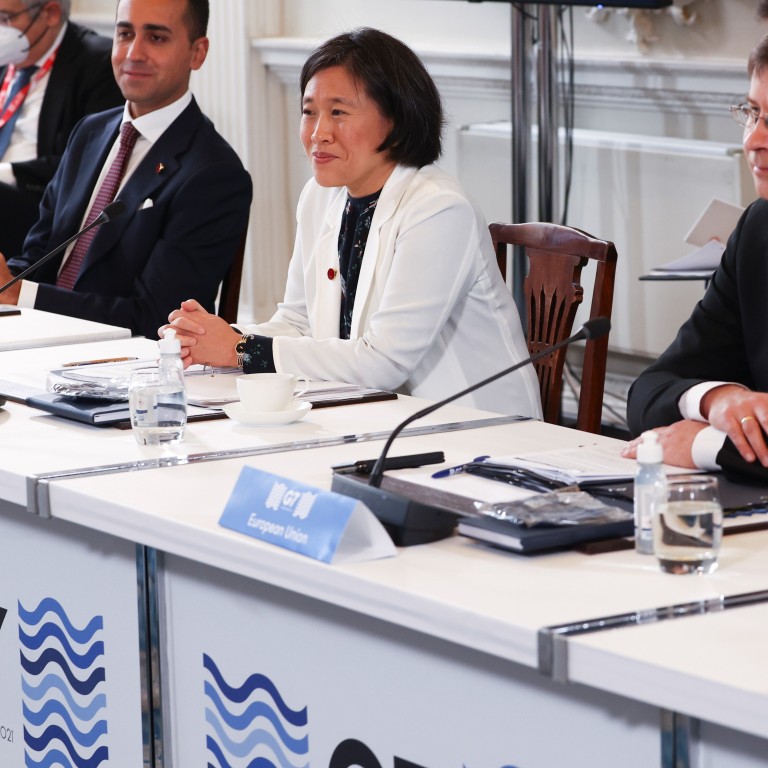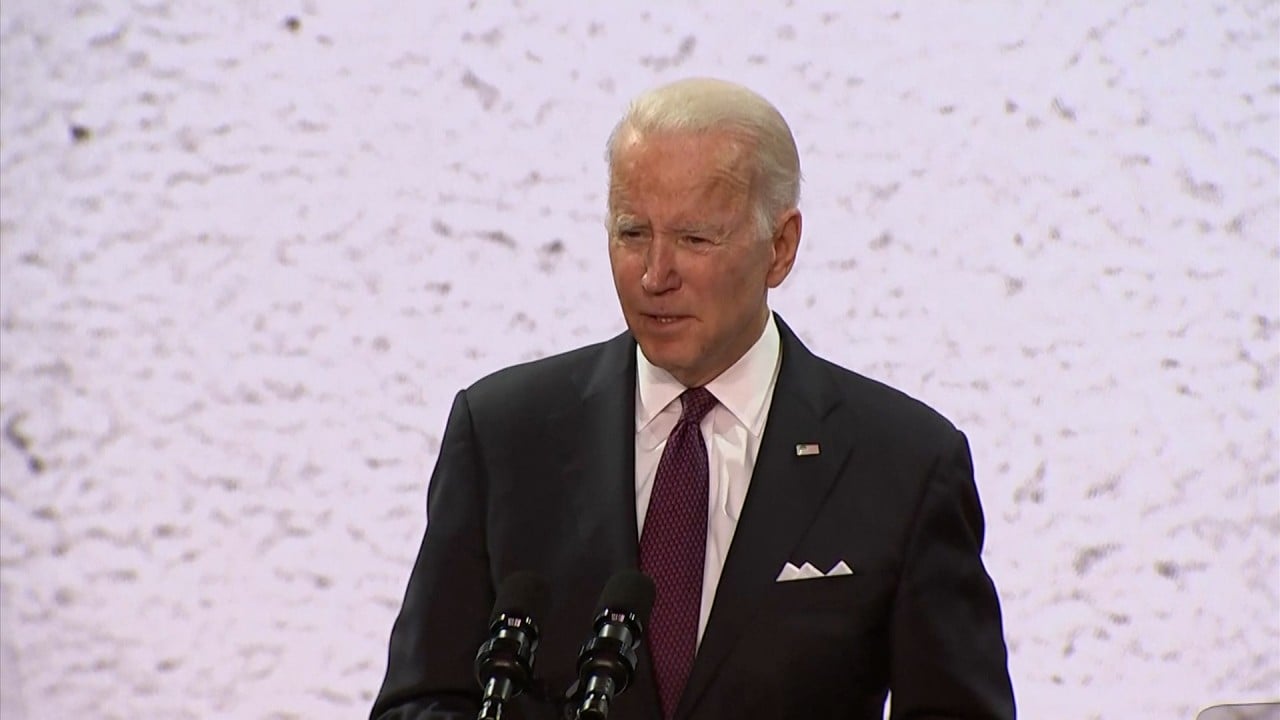
US wants trade law to combat Chinese overseas steel investment, Tai says, days after European Union deal
- US Trade Representative Katherine Tai told US steel industry executives she supports laws to combat circumvention of existing anti-dumping and anti-subsidy duties
- At the weekend, the US reached a new metals quota deal with the European Union to end a long-standing tariff dispute
The US Trade Representative said on Tuesday she supported updating American trade laws to combat circumvention of existing anti-dumping and anti-subsidy duties, including tools aimed at subsidised Chinese investment in steel production elsewhere in Southeast Asia.
We just need more tools and they need to fit the purpose. Because the tools that we have, we know how they can be effective and we know where the limitations are
“We just need more tools and they need to fit the purpose. Because the tools that we have, we know how they can be effective and we know where the limitations are,” Tai said, adding that she wanted to create a new level playing field.
Asked whether such tools could be used to deal with China’s subsidisation of plants in other countries through its Belt and Road Initiative that are not currently subject to punitive US tariffs, Tai replied: “Yes”.
Tai said the US-European Union steel trade agreement will help address excess metals capacity from China by preventing “leakage” of Chinese steel and aluminium into the US market.
“The US and the EU will analyse the volume of steel and aluminium imports from the EU each year, share information and best practices on trade remedies, and ensure that products from non-market economies do not benefit from the arrangement,” Tai said.
In response, the European Union removed tariffs on US products like whiskey, power boats and Harley-Davidson motorcycles, imposed in retaliation for the steel and aluminium tariffs.

01:04
Biden 'disappointed’ with China, Russia over failing to commit to G20 climate change plans
“The global arrangement will add a powerful new tool in our quest for sustainability, achieving climate neutrality, and ensuring a level playing field for our steel and aluminium industries,” von der Leyen said.
The global deal is to be worked out over the next two years to promote “green” steel and aluminium production and will be open to all countries that want to join, including China, whom the European Union and United States blame for excess global steel production capacity and “dirty” production technology.
Biden said the global arrangement would restrict access to US markets for “dirty” steel from countries such as China and counter steel dumping practices from other nations.
“The Global Arrangement will seek to ensure the long-term viability of our industries, encourage low-carbon intensity steel and aluminium production and trade, and restore market-oriented conditions,” the EU Commission said in a statement.

